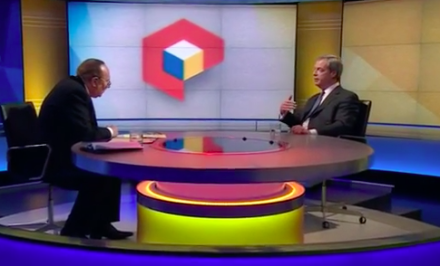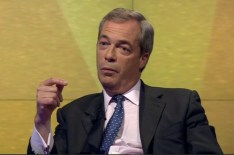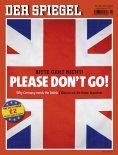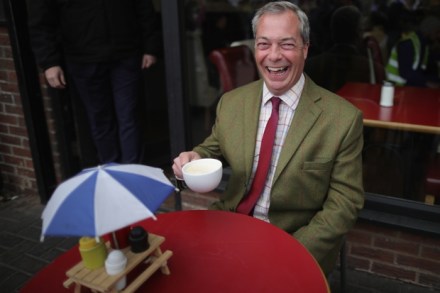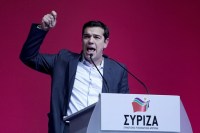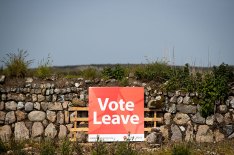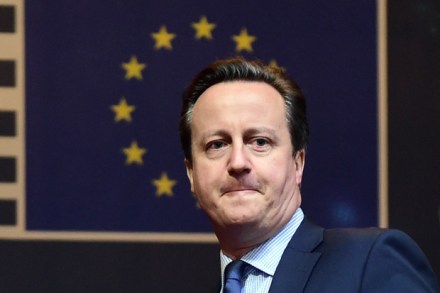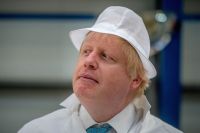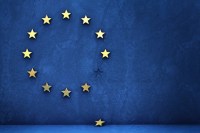Nigel Farage has just been rumbled on immigration
The Leave campaign has been talking a lot about immigration, but just what kind of effect would Brexit have? How many fewer would come? “Up to us, that’s the point of this referendum” said Nigel Farage, in is interview with Andrew Neil. Let MPs debate the ideal figure in the Commons, he said. His implication: that post-Brexit Britain could pick a number for net migration, any number. Given that Britain’s net migration is about 330,000 a year, Andrew Neil asked Farage how far he sees it falling after Brexit. He didn’t have an answer. From the 1050s to the 1990s, it used to be 30,000 to 40,000 a year, he (wrongly)
